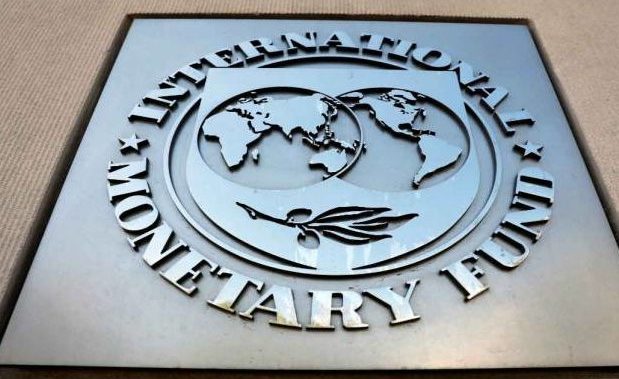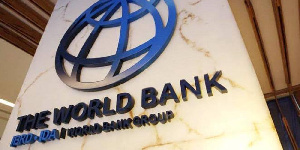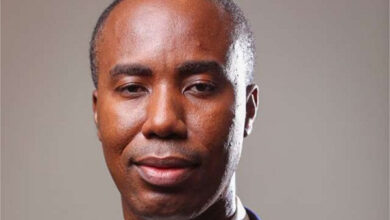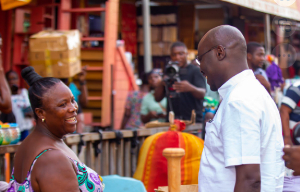Finance
Ofori-Atta sacked

President Nana Addo Dankwa Akufo-Addo has officially reshuffled some of his ministerial appointees following reports of an imminent massive shake-up in the government.
The president, according to a statement issued by the presidency, has relieved 13 central and local government ministers of their duties.
Some of the ministers who have lost their jobs include the Minister for Finance, Ken Ofori-Atta and the Minister for Roads and Highways, Kwasi Amoako-Atta.
The other ministers who have been sacked are the Minister for Health, Kwaku Agyeman Manu; and the Minister for Environment, Science, Technology and Innovation, Dr Kwaku Afriyie.
In all, the president relieved 13 ministers and 10 deputy ministers of their duties, some of which he reassigned.
See the list of ministers who have been relieved of their duties below:
Source: www.ghanaweb.com





